Question And Answer
Publications
Articles, publications, books, tools and multimedia features from the U.S. Institute of Peace provide the latest news, analysis, research findings, practitioner guides and reports, all related to the conflict zones and issues that are at the center of the Institute’s work to prevent and reduce violent conflict.
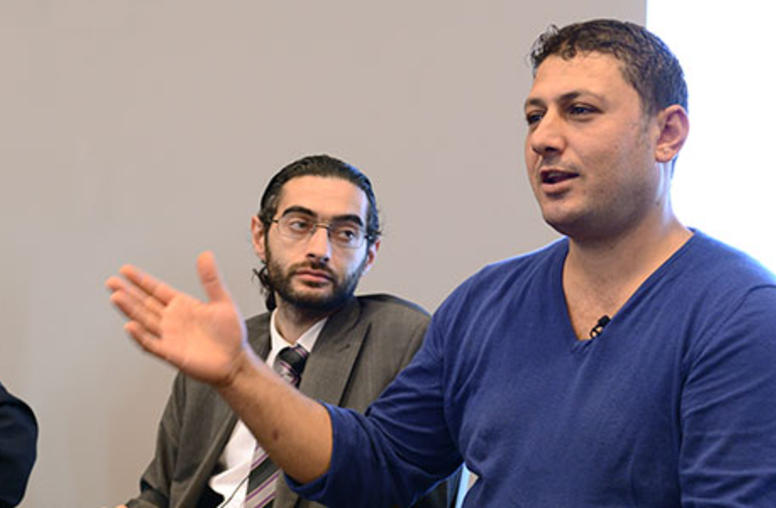
Syrian Rescuer, Killed in Airstrike, Felt the Danger
Khaled Harah, a volunteer with Syria’s Civil Defense Force, or “White Helmets,” died in an airstrike in Aleppo last week as he worked to rescue survivors amid the debris of an aerial bombing. In 2014 at USIP, Harah and some of his colleagues described that rescue work, which had brought them to world attention.

China’s Troop Contributions to U.N. Peacekeeping
China, traditionally reluctant to intervene, has become a major contributor to UN peacekeeping operations. However, given its available assets, the country has the capacity to increase its commitments and play a key role in improving peacekeeping operations. This brief examines China’s rise as a global security provider and what can be done to drive its further engagement in the peacekeeping landscape.
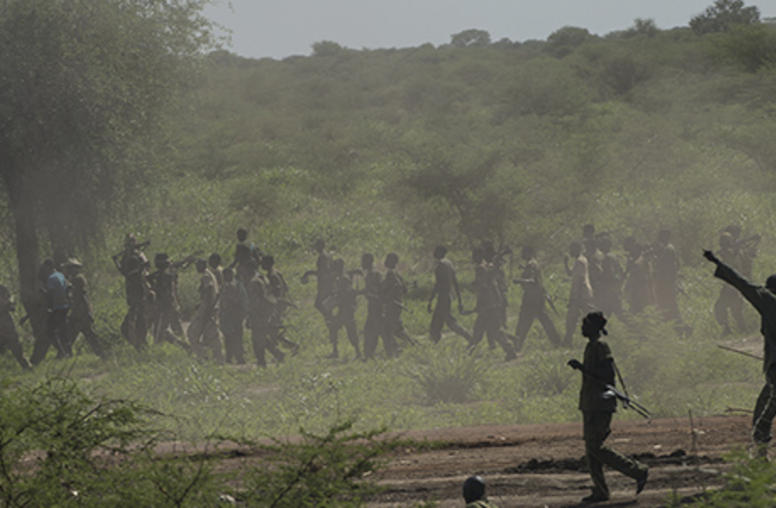
To Save South Sudan, Put it on Life Support
South Sudan marked its fifth anniversary as a state this month not with celebrations but with rival armed factions shooting at each other in the streets of the capital. Several hundred people were killed in less than a week, tens of thousands displaced, and even sacrosanct U.N. camps protecting civilians were attacked. South Sudan ceased to perform even the minimal functions and responsibilities of a sovereign state long ago, and today the likelihood of a larger pogrom and escalating civil war is high.
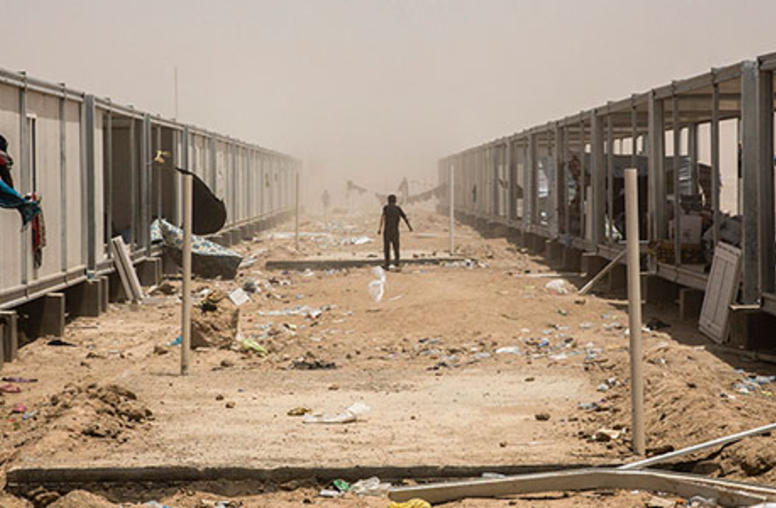
For Iraq’s ISIS Targets, Urgent Need for Aid and Security
The recent U.S. designation of genocide to describe the ISIS extremist group’s killings and persecution of minorities as well as Shia Muslims in Iraq and Syria highlighted the long history of oppression of religious and ethnic groups and the questions looming about whether religious minorities especially can survive in the region, according to USIP Senior Program Officer Sarhang Hamasaeed.
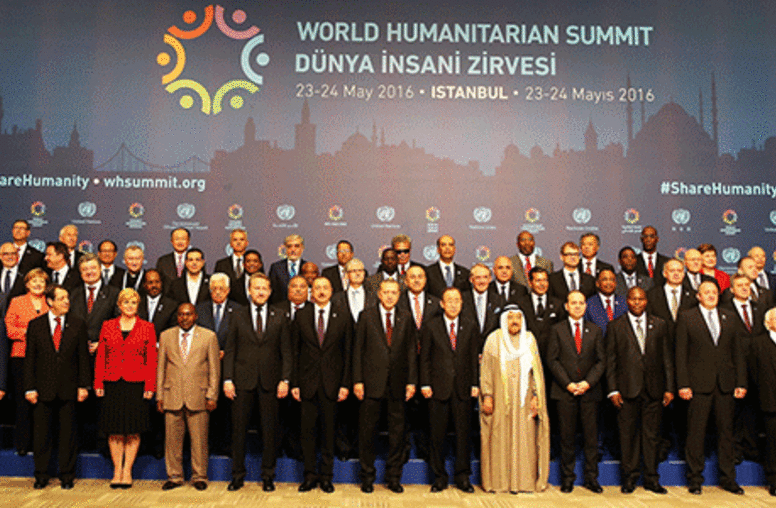
Why the World Humanitarian Summit Meeting in Turkey Really Does Matter
John Norris told Foreign Policy readers that the Istanbul conference would be irrelevant. It wasn’t.
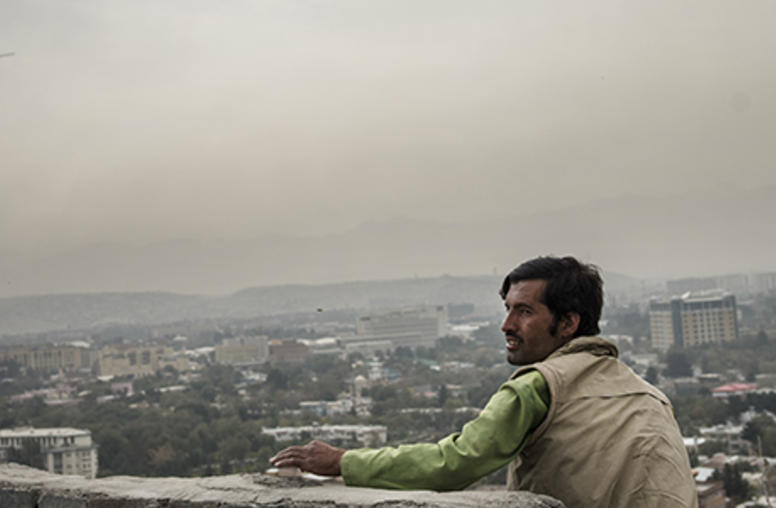
Afghanistan’s Lesson: Strategic Costs of Civilian Harm
After 15 years of U.S. military operations in Afghanistan, the strategic importance of avoiding harm to civilians is an inescapable lesson that policymakers need to fully integrate in American doctrine, planning and training, say the authors of a new report. The report offers “practical, pragmatic, concrete recommendations” to strengthen U.S. military operations overseas by averting losses to civilians and their communities, said former Undersecretary of Defense Michèle Flournoy in a public d...
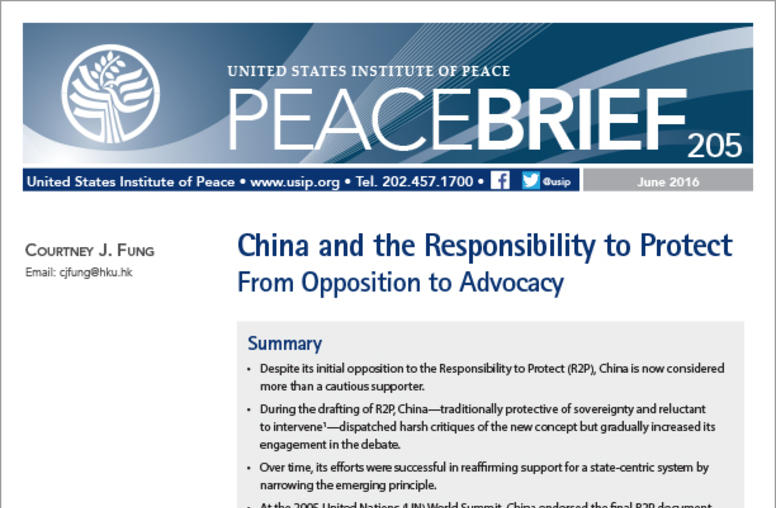
China and the Responsibility to Protect: From Opposition to Advocacy
Initially opposed to the Responsibility to Protect (R2P), China has become a consistent advocate of the principle, endorsing its application in multiple countries while urging a constrained, multilateral approach to the use of force. This brief examines the trajectory and significance of China’s support for R2P. Given the country’s rising role in shaping the rules of global governance, continuing to gain its buy-in will be crucial in achieving the principle’s mandate.
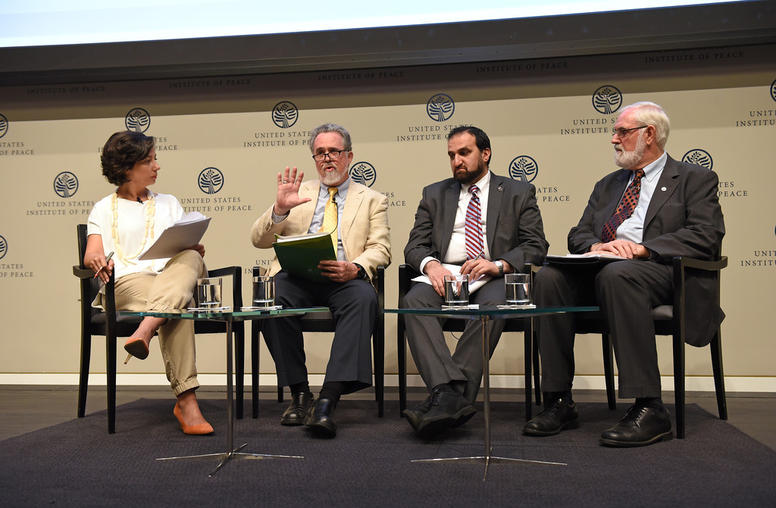
Humanitarian Aid: ‘Radical Change’ After Istanbul?
The two-day World Humanitarian Summit held recently in Istanbul drew criticism for the absence of top global leaders, but it actually broke ground in several ways, experts said in a discussion hosted by the U.S. Institute of Peace and Oxfam America. The summit spotlighted the need for “radical change” in a relief system built for the era after World War II rather than today’s small wars, insurgencies and fragmenting states that have unleashed the second-biggest flood of displaced people in hi...
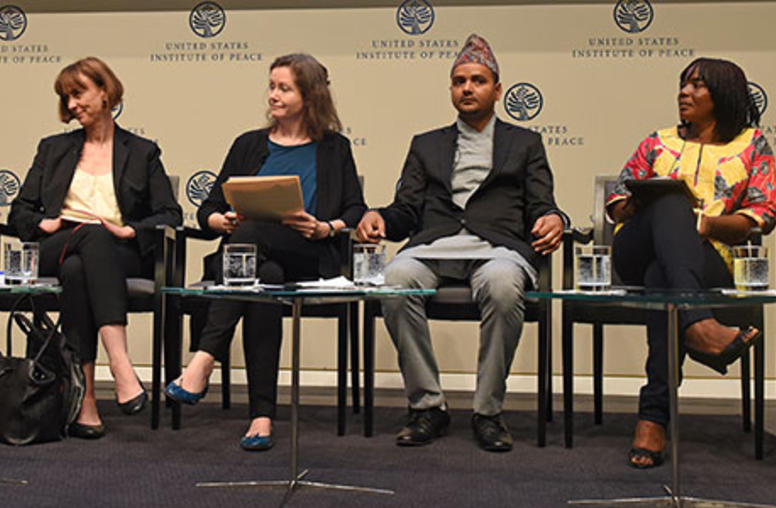
In Fragile States, Put Citizen Involvement First, Panel Says
A common strategy for state-building and development aid to transitional nations—getting basic services to the population—will fail to establish a government’s legitimacy unless citizens are included in the process, a leading researcher on conflict management said at the U.S. Institute of Peace.
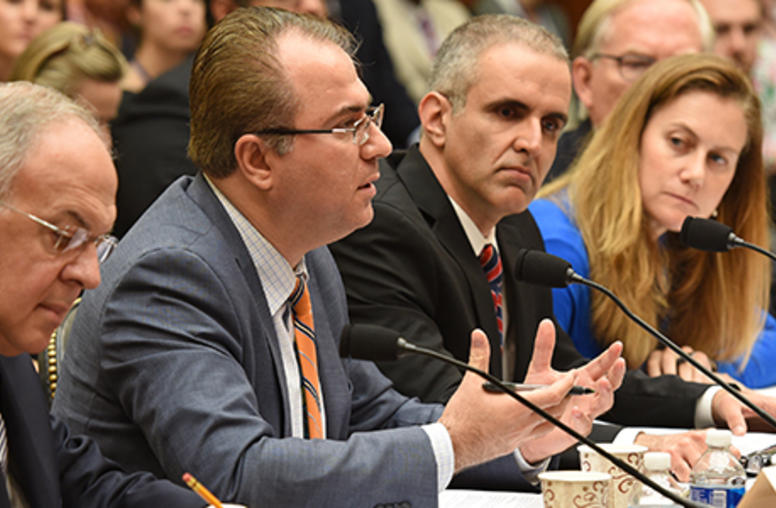
The ISIS Genocide Declaration: What Next?
Sarhang Hamasaeed, senior program officer for the Middle East programs at the U.S. Institute of Peace, testified before the House Foreign Affairs Subcommittee on Africa, Global Health, Global Human Rights and International Organizations.